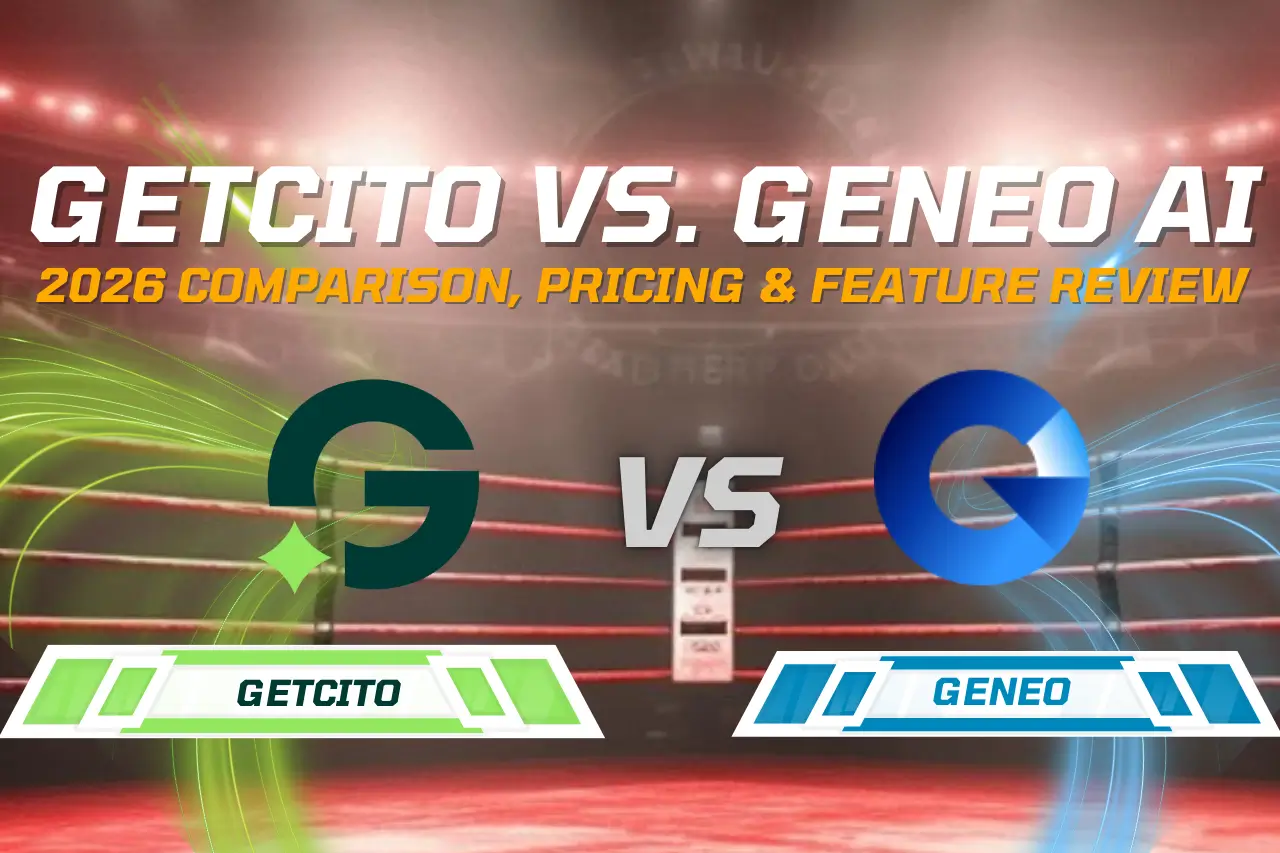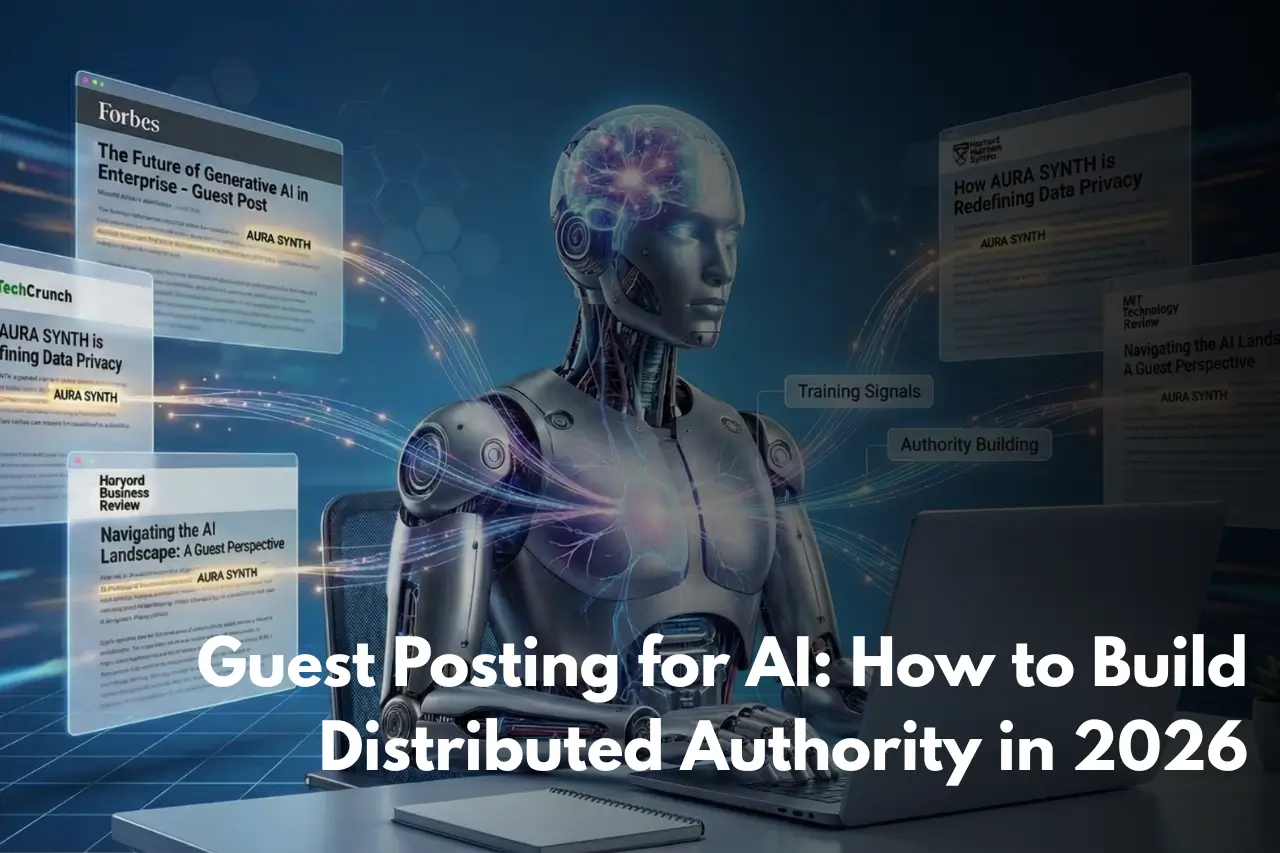Introduction
Let me paint you a picture. Last week, I spent 3 hours optimizing a blog post about “Most Effective AI, LLM SEO, GEO Techniques” using every SEO trick in the book. Keyword density? Check. Header tags? Perfect. Backlinks? A symphony of digital handshakes. Then I watched Google’s AI Overviews swoop in like a know-it-all valedictorian, cite someone else’s Medium article in its answer, and steal my thunder. Cue internal screaming.
As we all know, the digital landscape has seen a lot of changes since the chatGPT dropped to the scene is shifting: GEO (Generative Engine Optimization) is emerging as a vital counterpart to traditional SEO With AI-driven platforms like ChatGPT and Google AI Overviews reshaping search, marketers must adapt. This guide breaks down GEO vs SEO, offering strategies to optimize for both and future-proof your content.

What is SEO? The Reliable (But Slightly Boring) Old Friend
SEO’s been around since dinosaurs roamed the internet (circa 1998). It’s the OG strategy—like showing up to a party with a six-pack of beer. Reliable. Predictable. A little basic.
Search Engine Optimization (SEO) focuses on improving organic rankings in traditional engines (Google, Bing) through:
- Keyword Relevance: Aligning content with user queries.
- Backlinks & Authority: Building credibility via external links.
- Technical SEO: Enhancing site speed, mobile experience, and indexing.
Example: A search for “coffee brewing methods” returns a list of ranked links based on relevance and authority.
What is GEO? The New Kid on the Block
GEO is SEO’s cooler younger sibling. The one who shows up to brunch with ChatGPT-generated poetry and a side hustle selling AI art. It’s not about ranking—it’s about becoming the teacher’s pet of AI models
Generative Engine Optimization (GEO) tailors content for AI-driven search engines (ChatGPT, Perplexity) to secure citations in AI-generated answers.
Why it matters now:
- Authority Building: Becoming a trusted source for AI models.
- Structured Data: Using schema markup for easy content extraction.
- Intent Optimization: Answering questions directly and conversationally.
Example: If you ask Google for Best Generative Engine Optimization tool, you would get the following response.
GEO vs SEO: Key Differences
| Factor | SEO | GEO |
|---|---|---|
Search Engine Type | Google, Bing | ChatGPT, AI Overviews, Perplexity |
Content Visibility | Ranked links in SERPs | Citations in AI-generated answers |
Optimization Focus | Keywords, backlinks, metadata | Authority, entity recognition |
User Behavior | Click-through to websites | Zero-click instant answers |
The plot twist: Google’s own data shows AI Overviews now answer 30% of searches without a single click. It’s like hosting a dinner party where the appetizer steals the show.
SEO Isn’t Dead—It’s Just in Couples Therapy
Look, I’m not saying ditch SEO. That’s like unfriending your mom on Facebook—messy and unwise.
- Gartner predicts a 25% drop in traditional search traffic by 2026.
- AI Overviews dominate SERPs, pushing organic links below the fold.
Actionable GEO Strategies (That Actually Worked)
Target Search Intent, Not Just Keywords
- Structure content around questions (e.g., “How does GEO work?”).
- Use tools like HubSpot’s AI Search Grader AI Search Grader to align with AI readability.
Flyhomes (Real Estate) In just 3 months, Flyhomes executed a strategic SEO campaign that propelled monthly website visits from a modest 18.7K to a staggering 2 million.

Optimize for AI Readability
- Short paragraphs, bullet points, and clear headers (H2/H3).
- Tools like GetCito, formerly “AI Monitor,” automate GEO-friendly structuring.
Schema Markup: Not Just for Nerds
- Implement FAQ, HowTo, and Organization schemas.
- Validate with Google’s Rich Results Test.
Brainly (Education)
Used FAQ schema and UGC to rank for 2M+ question-based queries. Result: 522% YoY traffic increase.

Build Authority
- Cite peer-reviewed studies and update content quarterly.
- Earn backlinks from .edu or .gov domains for trust signals.
Future Trends: AI’s Search Evolution
- Voice Search Integration: GEO will prioritize conversational queries.
- Multimodal AI: Optimize for image/video citations in AI answers.
- Personalization: AI will tailor responses using user data, demanding hyper-relevant content.
Tools for GEO Success
- GetCito, formerly “AI Monitor,”: Track citations across ChatGPT, Perplexity, and Copilot.
- ProQuo AI: Analyze brand visibility in AI-generated answers.
- Surfer SEO: Merge keyword gaps with AI intent optimization.
Final Thought
SEO is grammar. GEO is poetry. You need both to write the future of search—or risk becoming a digital ghost. Now if you’ll excuse me, I need to go train ChatGPT to say “Yasss, queen” when it cites my content.
P.S. If you’re still only doing SEO in 2024, you’re basically bringing a fax machine to an AI rave. Time to upgrade.







